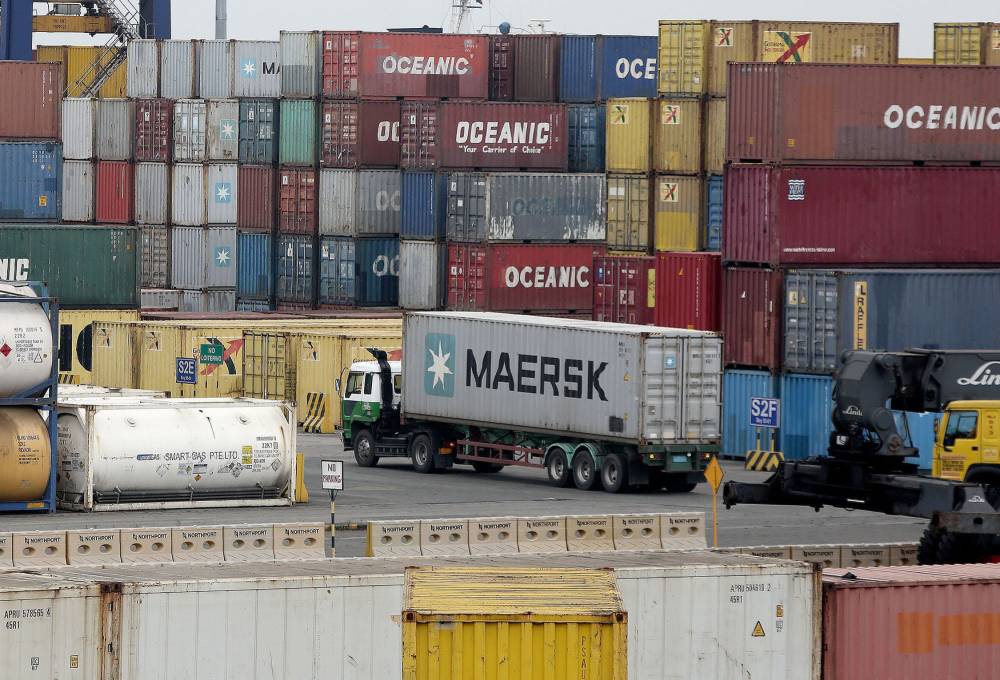P40.5-B project: Gov’t woos investors to build 17 new ports

The Department of Agriculture (DA) plans to develop 17 strategic new ports and bring in private investors to defray the estimated cumulative cost of P40.5 billion as it hopes to lower food prices across the country.
“We will come [up] with a proposal to the public for the available sites. Hopefully, there will be bidders or unsolicited proposals,” Agriculture Secretary Francisco Tiu Laurel Jr. said on the sidelines of an event organized by the Manila Overseas Press Club in Makati City.
Of the proposed new sites, 10 will be big ports while seven will be small facilities.
He also said they are targeting to complete these ports within the term of the Marcos administration. Potential locations include Mindoro, Negros, Iloilo, Southern Albay and Southern Batangas.
Tiu Laurel estimated the cost of putting up 10 big ports at P30 billion or P3 billion each, while the small ports are seen to cost a total of P10.5 billion or P1.5 billion each.
“Actually, it is easy to develop these ports as long as we have enough funds (translated from Filipino),” he told reporters.
“If anyone is interested in assuming the risk of building ports for the government, then let’s use other people’s money,” he added.
Tiu Laurel said if necessary, the government may allocate a budget to develop port projects that fail to attract private sector interest.
The agriculture chief said having more ports may lower the cost of fertilizer and corn by 5 percent, and meat by 10 to 15 percent.
Earlier, Tiu Laurel urged the private sector to establish more ports to help the government bring down food prices.
“There’s a lack of ports in the country; that’s why the food cost in our country is very high and that’s why I’m asking the help of Makati Business Club and other groups to lobby,” Tiu Laurel said during the Makati Business Club’s Agriculture and Food Security Summit 2024 in Taguig.
China Bank Capital Corp. managing director Juan Paolo Colet said building more ports is a step in the right direction as those would facilitate the movement of agricultural goods and lower the cost of bringing products from farm to market.
“This should be part of a more comprehensive plan to channel public and private investments in supply chain logistics and infrastructure, including roads and post-harvest storage and processing facilities,” Colet told the Inquirer in a Viber message.
Rizal Commercial Banking Corp. chief economist Michael Ricafort said having more ports would help improve the local supply chains for agricultural products, as well as ease the flow of goods for exports and imports.
“This would also speed up intervention and other non-monetary measures of the government to bring down prices, especially to benefit from lower world prices of food and other agricultural products and overall inflation, especially in tackling weather-related challenges,” Ricafort said.





















